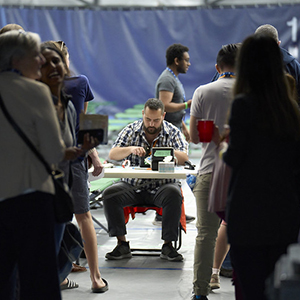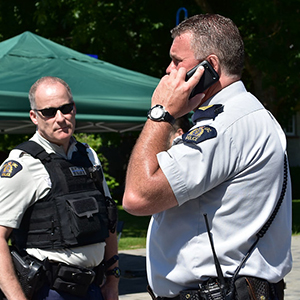
Stay Secure Outside of UBC
Thanks to significant advancements in mobile technologies, more faculty and staff than ever are working remotely from home offices, coffee shops, and other public spaces.
This is a convenient arrangement but can cause concern when users are accessing research, financial or personal information. This type of data is at a higher risk of being compromised, corrupted, or lost when accessed remotely.
To stay secure, take the following steps to safely access UBC electronic information and be sure to encrypt all of your mobile devices.

How can I securely access UBC Electronic Information?
Whenever possible, UBC electronic information should be accessed on campus using the ubcsecure wireless network rather than downloaded onto a device, as this significantly reduces the risk of loss or theft. Carrying important electronic data on a USB stick is never recommended due to the higher potential of it being lost or stolen.
The preferred method for working remotely is to use a Virtual Private Network (VPN) connection, which uses encryption to protect data and prevent others from accessing the data that is transferred between your computer and the campus network.
When accessing UBC electronic information, even through VPN, it is important to remain aware of your surroundings and never leave devices unattended.

